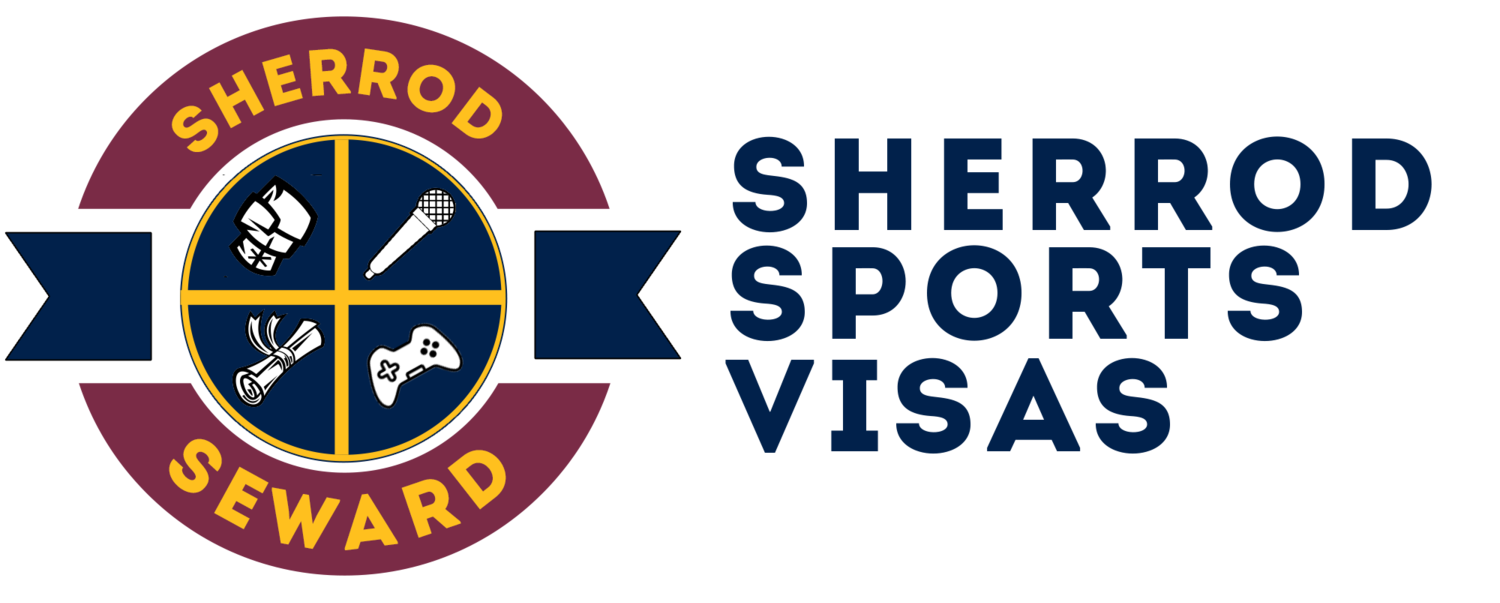Breaking New Ground: WTA Support Helps Secure Cadence Brace's Landmark P-1 Visa
The phone call came on a Tuesday afternoon. After months of preparation, countless documents, and no small amount of anxiety, we had our answer: approved.
Cadence Brace, the talented NCAA tennis player with WTA ranking, had just made history. Her multi-year P-1 visa approval represents a watershed moment for international student-athletes navigating the complex intersection of collegiate sports and NIL opportunities.
And none of it would have happened without the Women's Tennis Association stepping up when it mattered most.
When Expertise Makes All the Difference
Anyone who's tangled with U.S. immigration knows the process resembles a maze more than a pathway. For student-athletes like Cadence, the stakes couldn't be higher – how do you balance NCAA competition with professional development and the emerging NIL landscape?
The P-1 visa application demanded substantial evidence of Cadence's professional standing. We needed verification of her WTA ranking, tournament participation history, and competitive achievements that would satisfy USCIS requirements.
After several conversations with their legal team, the WTA provided something invaluable – an official support letter authenticating Cadence's status as an internationally recognized athlete. This wasn't merely helpful; it was essential.
Their validation gave USCIS the confidence to approve Cadence's transition from an F-1 student visa to a P-1 visa, opening doors that previously seemed firmly shut:
She can now represent LSU Tennis while maintaining full NCAA eligibility
NIL sponsorship deals and endorsement contracts are legally accessible
WTA tournament participation continues without visa complications
A precedent now exists for other international NCAA athletes facing similar challenges
The International Student-Athlete's Dilemma
The introduction of NIL rights created a troubling disparity. While American student-athletes began signing deals and building brands, their international teammates found themselves sidelined by visa restrictions. Under standard F-1 student visas, earning compensation beyond limited on-campus work remains prohibited.
As I've emphasized in Front Office Sports, securing P-1 or O-1 status represents the only legitimate path for international athletes to access NIL revenue legally:
"I advise the players not to cash the [House] check." – Sherrod Seward, as quoted in Front Office Sports' article on House settlement implications for international athletes
"Most U.S. student-athletes can monetize their NIL, but international players are left without options unless they take proactive legal steps." – From Front Office Sports' coverage on visa challenges for professional athletes
Cadence's case proves that with proper guidance and support from organizations like the WTA, international student-athletes can navigate these challenges successfully. The P-1 visa creates a lawful channel for athletes to earn revenue through sponsorships and professional competitions while preserving their collegiate eligibility.
Charting the Course Forward
Cadence's approval isn't just a personal victory – it's a blueprint. As we continue working with athletes, agents, and leagues worldwide, we're committed to creating more streamlined pathways through immigration barriers.
During recent discussions with the WTA's legal team, we explored the possibility of becoming a formal resource for their athletes requiring visa solutions. There's genuine interest in expanding access to petition-based visas for players, coaches, and industry professionals throughout tennis.
This is just the beginning of a much larger conversation about empowering international talent in American collegiate sports.
A Word of Thanks
Words seem inadequate when expressing our gratitude to the Women's Tennis Association. Their willingness to engage with this process made history possible – not just for Cadence, but potentially for countless future international NCAA athletes who dream of competing and thriving in the United States.
To every international student-athlete wondering if they can legally compete, earn, and build their careers in American collegiate sports: yes, you can. With the right guidance, it's possible.
If you're an international athlete exploring P-1 or O-1 visa options, reach out today for a complimentary evaluation.

